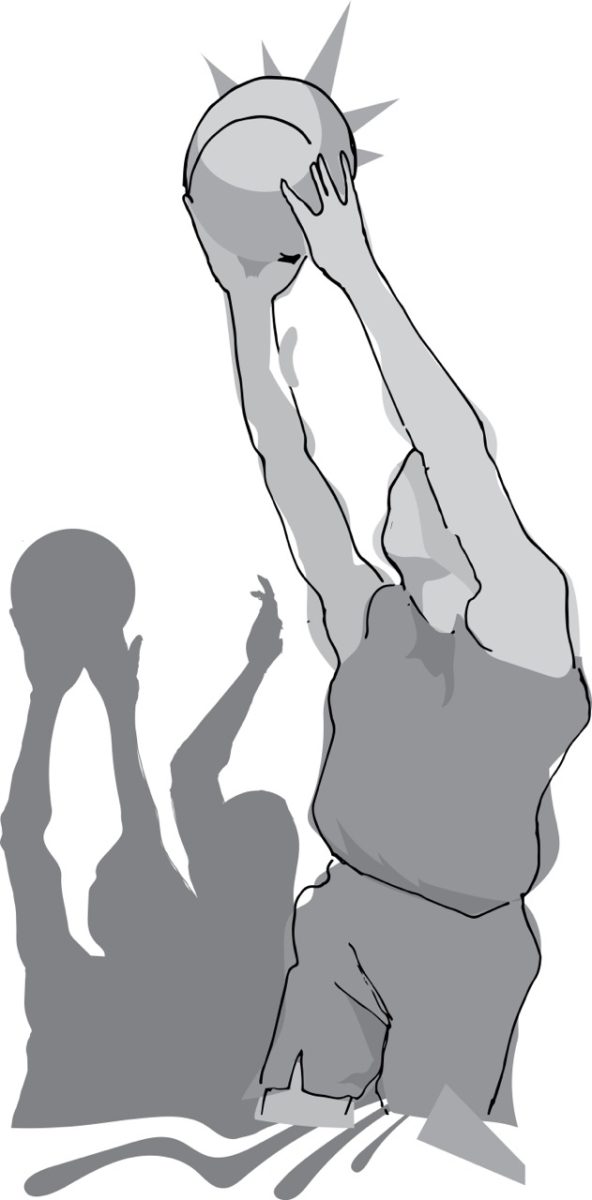Does anybody else miss paper? Just a little bit?
Sure, it gets lost and crumpled, and it kills vast swaths of forest with each year’s batch of senior theses. Sure, it costs money to print things and money to buy notebooks. And God knows we don’t need to spend any more on textbooks than we already do. But I’m hesitant to abandon the age-old tradition of chopping plants into thin sheets and scratching out symbols on them. After all, there are some distinct disadvantages to abandoning everyone’s favorite (or least favorite) bleached tree product.
First, online academic resources tend toward decentralization. Between Cleo, email, MyWhitman, individual class websites and countless other sites we need to visit for classes, knowing where to find the document, page or video you’re looking for takes up a fair amount of time and can cause one to lose focus, especially for those of us who tend toward disorganization. While school faculty and staff on every level have made a great deal of effort to make this easier, for some it’s best to keep track of one’s stuff in one’s own way.
Second, online resources require us to connect to that gold mine of distraction: the Internet. While some stronger-willed students than I have no trouble staying off of Facebook, reading webcomics, checking the weather, checking the news, checking their email for the 45th time that day or checking the Bon Appétit menus for the next month, we can’t all be superhuman. I usually avoid the Internet time-suck by turning the computer or wi-fi connection off, and I know I’m not alone. It’s a very effective tactic that can’t be done as easily when one has to read one’s textbooks online.
And finally, being on a computer all the time is neither healthy nor especially conducive to learning. The Internet can provide access to a vast reserve of information, but it cannot teach you how to use that information or easily provide alternate perspectives on it, like talking with classmates does. Computers keep us tethered to outlets and indoor environments to study, and staring at screens for extensive periods of time has well-documented negative effects on health, notably sleep habits. Computers are undoubtedly useful, but we have to use moderation to prevent them from doing us more harm than good.
The obvious hitch in the papered lifestyle is the dreaded printing charge. Printer ink isn’t free, and the cost of printing is a deterrent to students who would otherwise make more use of it. I know that I print less with the knowledge that I have to pay a nickel for each page of online reading I read on paper. It’s a small obstacle, but an obstacle all the same.
Fortunately for me, it seems that paper is still a common guilty necessity around campus. Many students and professors have adopted a middle ground by making electronic copies of texts available online, but passing out assignments and making texts available in hard-copy form. In fact, here at The Pioneer we use this strategy with content online as well as in print. It allows both the paper lovers and the convenience fanatics to have their way with their content.
To me, this middle path is ideal. The paper optional mode of operation should be universal. As much as I like the idea of saving the forests, I’m glad that stone-agers like me don’t always have to abandon our little vices completely. Freedom of choice, with lower student printer costs. Of course, restricting paper use to what we really need is always a plus, but some of us need a little more. We, the old-fashioned, won’t let paper die out. Please, Whitman College, humor us.







